The rapidly growing city of Atlanta, often called the “Silicon Peach,” continues to strengthen its position as a hub for international STEM innovation. In 2023–24, Georgia hosted over 28,175 international students, whose combined tuition and living expenses exceeded $1 billion, ranking the state 12th nationally in welcoming global scholars . Notably, more than 50% of these students are enrolled in STEM fields, a trend crucial to Atlanta’s booming tech and research ecosystem.
One of the brightest examples of this trend is Pedro Henrique da Silva Parmezani, a Brazilian-born physicist and former NCAA athlete. Pedro moved to the U.S. at 15 and graduated Magna Cum Laude in Applied Physics and Mathematics from West Virginia Wesleyan College with a 3.84 GPA. He earned both the Outstanding Physics/Engineering Award and the Senior Academic and Leadership Achievement Award, and was named to the All-Mountain East Conference Academic Team.
Under a competitive SURE grant, Pedro led a research project titled “Gamma Rays in Nuclear Physics: Research and Applications.” He investigated the capacity of various materials, including metals and lightweight plastics, to attenuate gamma radiation. “Discovering that lightweight plastics can offer protection comparable to heavy metals opens new possibilities for aerospace, medical, and safety applications,” Pedro explains.
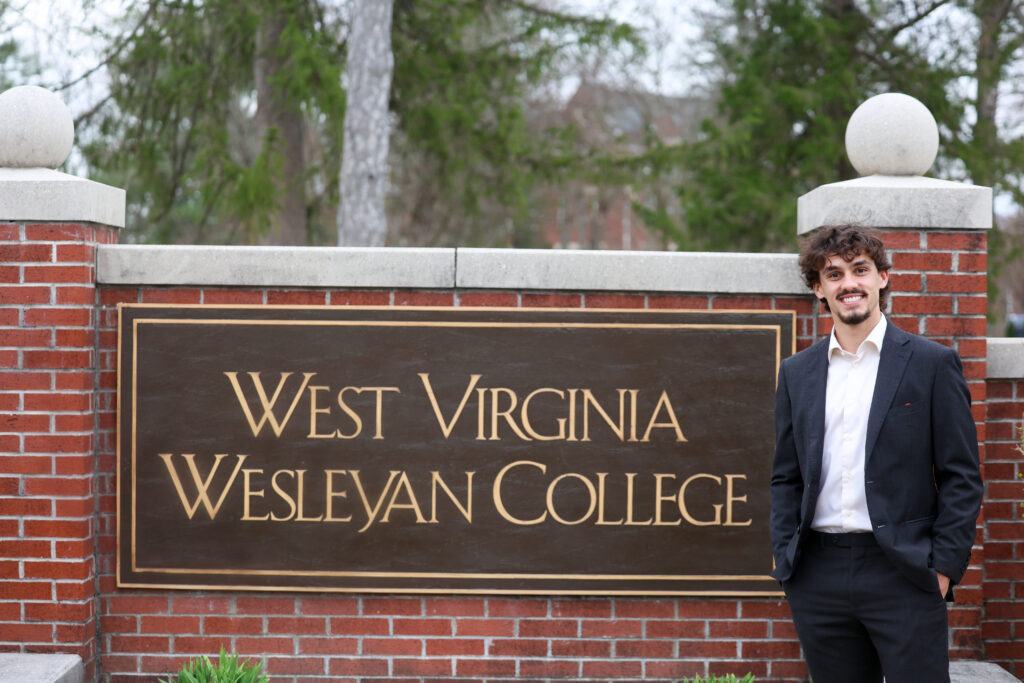
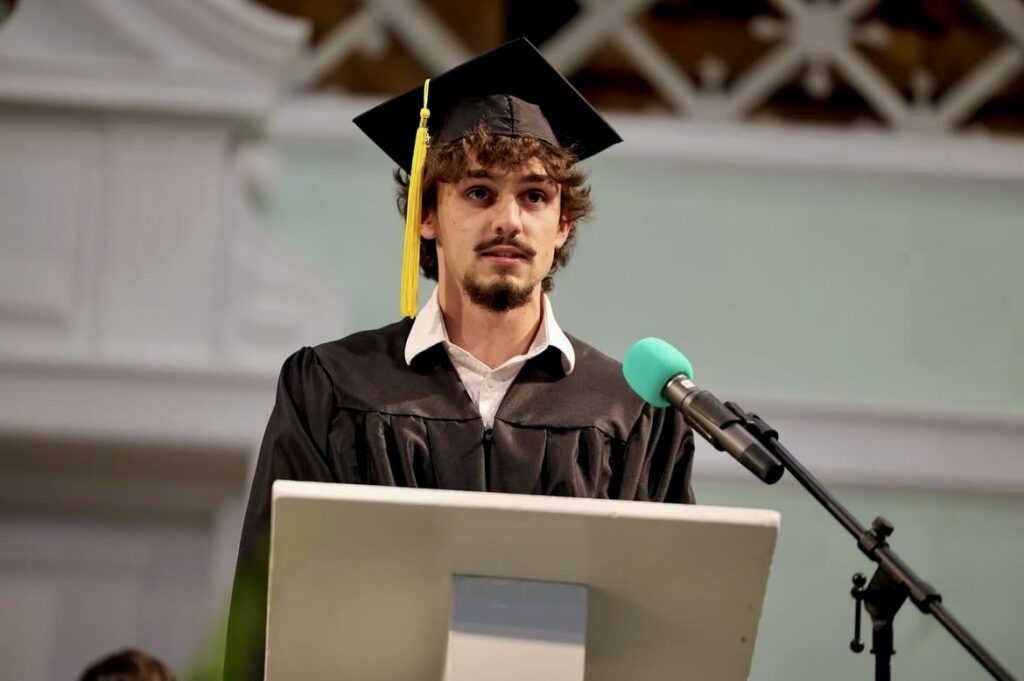
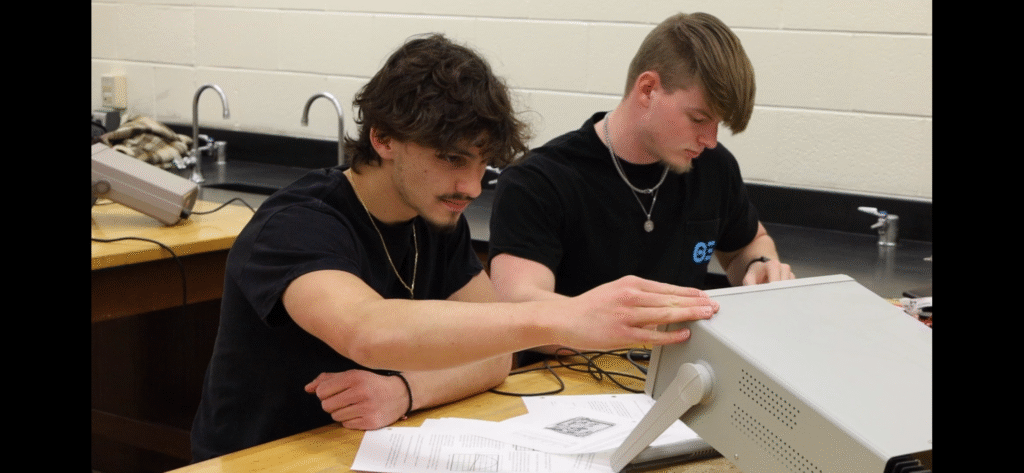
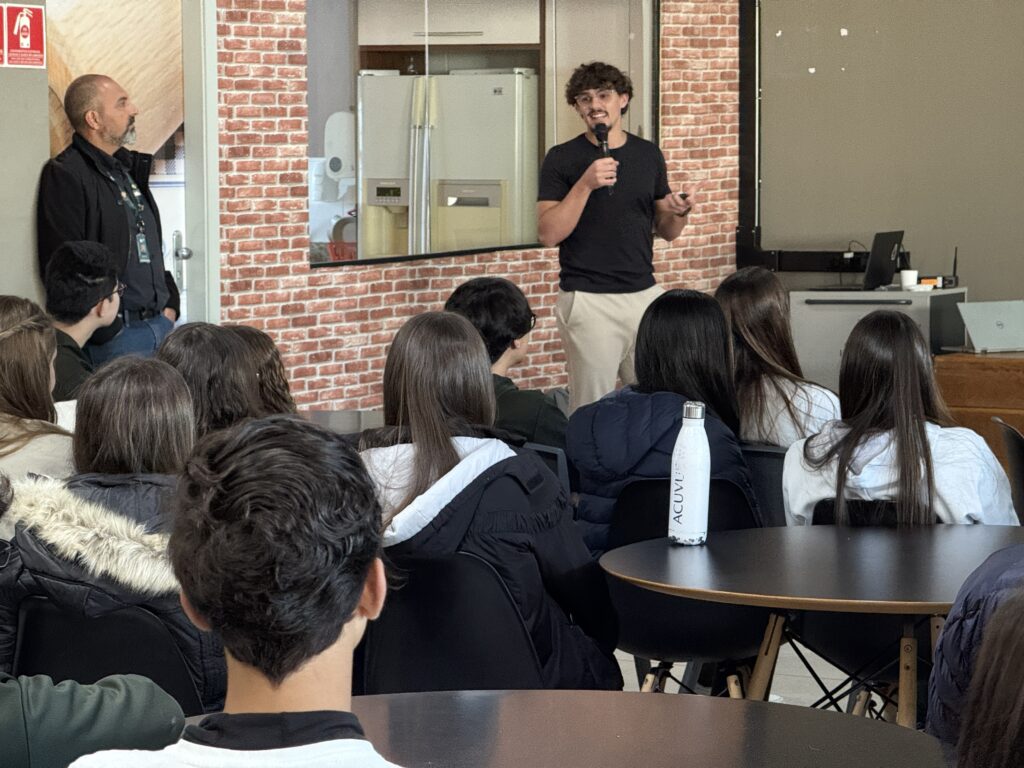
This research has significant relevance to Atlanta’s sectors, which include aerospace engineering, medical imaging, and advanced manufacturing, all areas with strong local economic momentum.
Atlanta’s STEM and tech ecosystem is thriving:
- The city is home to over 85,000 IT jobs, ranking fourth in the U.S. for technology employment.
- Expansion of innovation hubs, like Georgia Tech’s Science Square, an 18-acre mixed-use research district, reflects massive public and private investment in science and biotech.
- Metro Atlanta’s foreign-born population grew 69% from 2000 to 2010, reaching over 13.6% by 2020, highlighting its multicultural workforce.
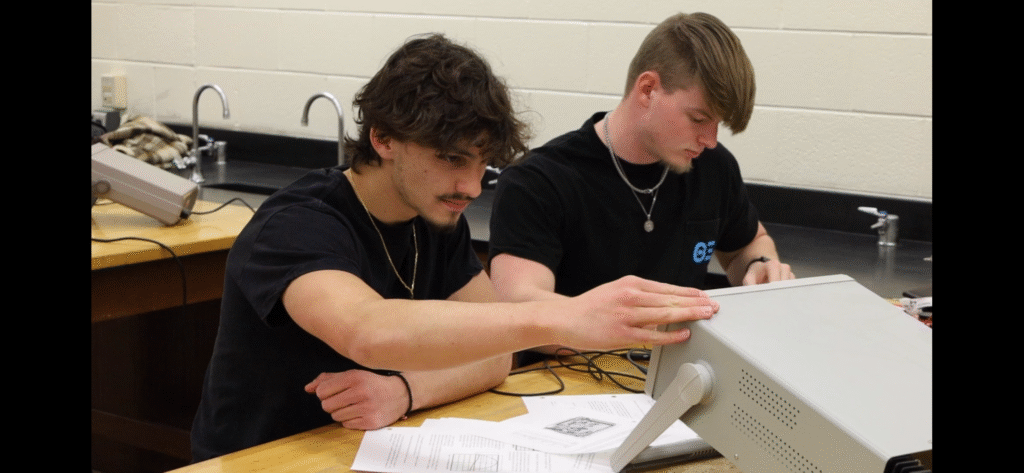


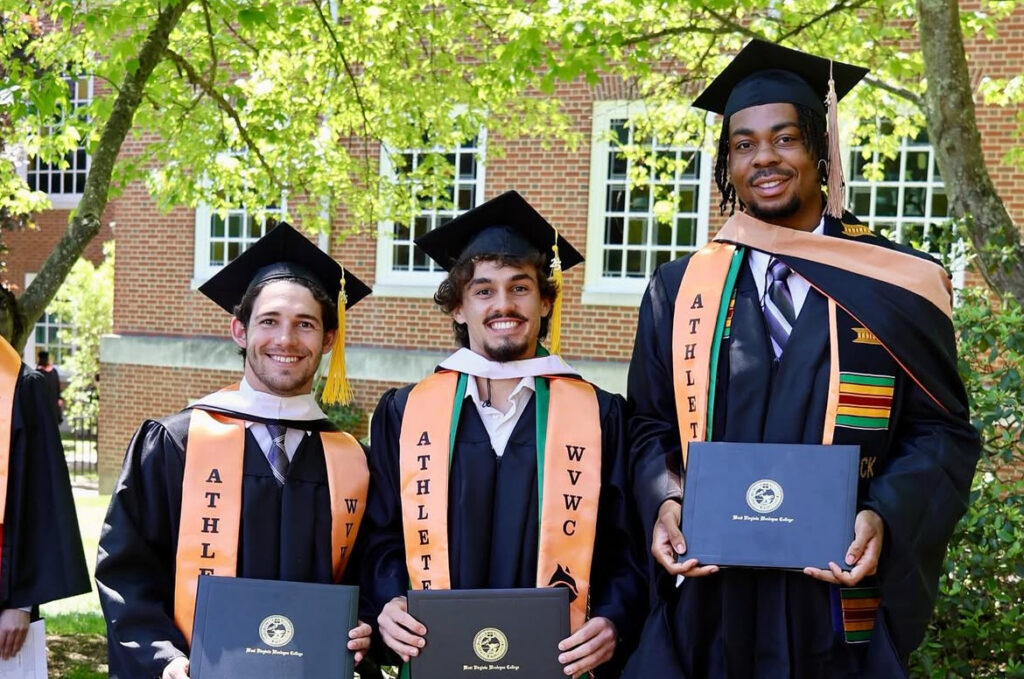
Research shows that for every three international students, one U.S. job is supported. Georgia’s record of hosting over 28,000 international students demonstrates this multiplier effect, translating to stronger research capacity, economic growth, and job creation.
Pedagogical innovations combining global perspectives are encouraged by institutions like Georgia Tech and Emory, where international student engagement keeps climbing . Atlanta’s 2025 Emerging Researchers National STEM Conference offered yet another platform for rising scientists to connect and collaborate.
With his research background, leadership skills, and systems-thinking mindset, Pedro aligns with Atlanta’s strategic priorities:
- Radiation shielding technology can support local aerospace labs and hospital materials, sectors where Atlanta is growing.
- His background in systems engineering is ideal for supply chain optimization, logistics, and industrial innovation, areas bolstered by Science Square and industry-big data partnerships.
- Pedro’s leadership roles, as a college soccer captain, Resident Assistant, and international community organizer, reflect the cultural fluency and project management vital for Atlanta firms.
“Engineering needs to be human-first, tech-second,” says Pedro. “The diversity of perspectives here in Atlanta creates the best solutions.”

